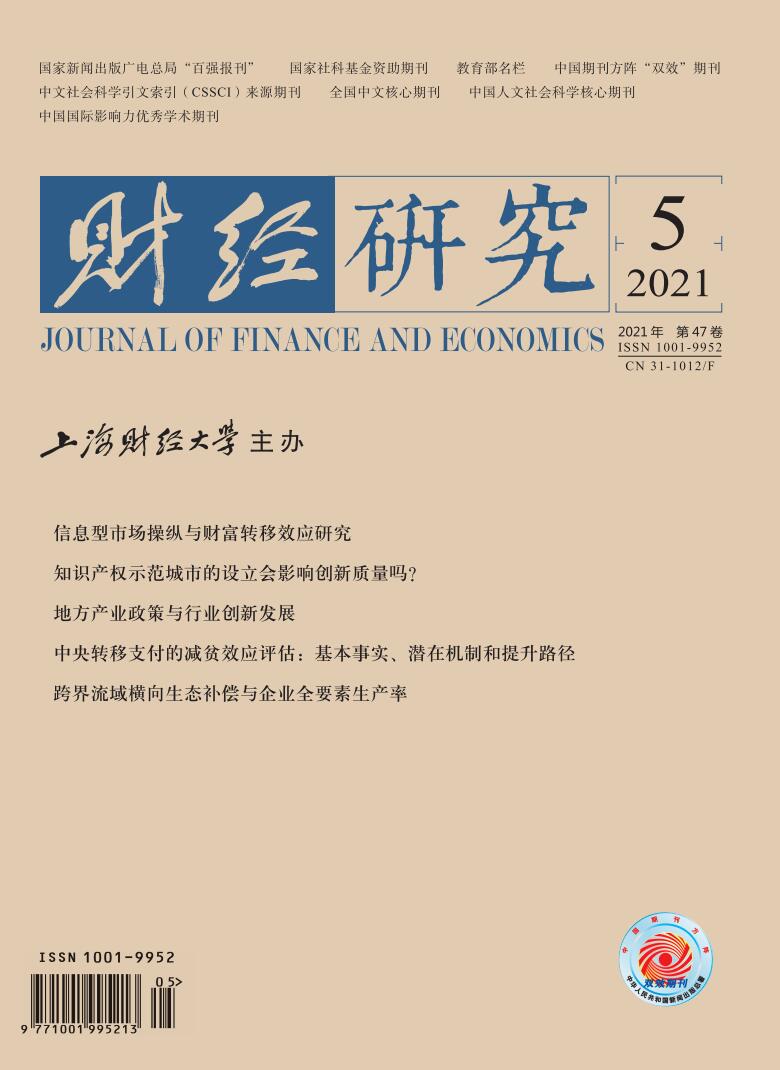Auditing outgoing officials’ natural resource asset management (AUDIT) is an important institutional innovation in China’s ecological civilization construction. It aims to strengthen the responsibility restraint mechanism of local governments and solve the inconsistency between the central and local governments in resource management and ecological protection through the performance appraisal of the accountability of officials. AUDIT includes mineral, water, and land resources, ecological environment protection, and other aspects. However, the current research on AUDIT mainly focuses on the basic theory, audit content, and implementation path, and less on its impact, especially on the management of urban land resources. The contradiction between China’s “land finance” and the market-oriented reform of land elements has become increasingly prominent. Has the implementation of AUDIT brought about changes in the behavior of local governments regarding land management and use? Are there any external restraints on local governments? No research has yet been conducted to address these issues.
Thus, this study establishes a time-varying difference-in-differences (DID) model and a moderating effect model of the impact of AUDIT on land grants. Using the data of 284 prefecture-level cities in China from 2011 to 2017, this study analyzes the differences in local governments’ land grant behavior before and after AUDIT. The results show that the implementation of AUDIT can significantly reduce the area of local government land grant, especially by improving local governance capacity, affecting local investment competition and environmental governance.
The contribution of this study focuses on the following aspects: First, based on the empirical analysis, it clarifies the relationship between AUDIT and the land grant behavior of local governments. Second, the DID and moderating effect models verify the path mechanism of AUDIT affecting land grant. Third, it enriches the theme and paradigm of the research on AUDIT, provides empirical evidence for the research on the economic consequences of AUDIT, and enhances the theory and practice of the construction of China’s ecological civilization system.






 5018
5018  5218
5218

